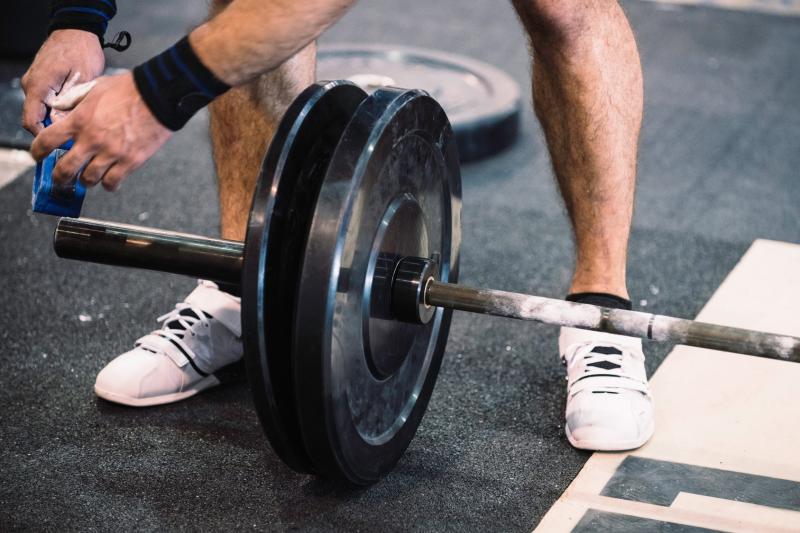
Weekly muscle-strengthening exercise, regardless of frequency, leads to a lower prevalence of hypertension compared with no exercise at all, according to a recent study involving 1.5 million adults.
The investigators pooled data from four US health surveillance surveys (2011-2017; n=1,539,309; age, ≥18 years) in this cross-sectional study. They evaluated the frequency of muscle-strengthening exercise and self-reported clinically diagnosed hypertension (n=431,313; 28 percent) using the same items across each survey.
The prevalence ratios of hypertension (outcome variable) across muscle-strengthening exercise (exposure variables: 0 [reference]; 1 to ≥7 times/week) were determined by generalized linear models using Poisson regression with robust error variance, adjusting for potential cofounders.
The adjusted prevalence ratios for hypertension among the groups engaging in muscle-strengthening exercise one, two, three, four, five, six, and at least seven times/week were 0.67 (95 percent confidence interval [CI], 0.66–0.68), 0.67 (95 percent CI, 0.67–0.68), 0.70 (95 percent CI, 0.69–0.70), 0.61 (95 percent CI, 0.60–0.63), 0.62 (95 percent CI, 0.61–0.64), 0.60 (95 percent CI, 0.58–0.62), and 0.83 (95 percent CI, 0.82–0.84), respectively, in comparison to those doing none.
These associations persisted even after stratification for sociodemographic factors (ie, age and sex), lifestyle characteristics (ie, aerobic exercise, body mass index, self-rated health, smoking, alcohol), and comorbidities (eg, arthritis, diabetes, depression).
“Longitudinal studies and large-scale muscle-strengthening exercise interventions with population representative samples are needed to confirm these preliminary cross-sectional observations,” the investigators said.
“Clinical evidence suggests that muscle-strengthening exercise (using weight machines/body weight exercises) may be an important antihypertensive lifestyle therapy,” they noted.